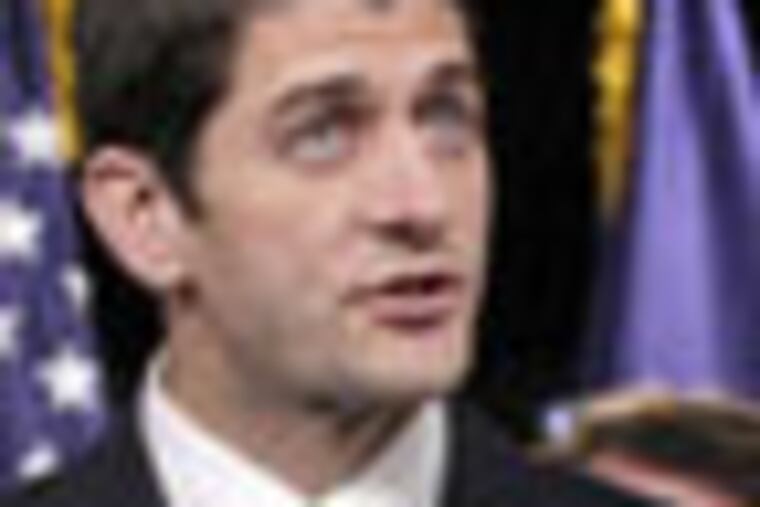Freedom is key to prosperity
By James Gwartney, Robert Lawson, and Joshua Hall As the country enters the final months of the presidential election season, candidates from both parties will promise policies that they claim will improve our standards of living. While the focus of the political debate will be on short-term economic recovery and jobs, the source of long-term prosperity is economic freedom.

By James Gwartney, Robert Lawson, and Joshua Hall
As the country enters the final months of the presidential election season, candidates from both parties will promise policies that they claim will improve our standards of living. While the focus of the political debate will be on short-term economic recovery and jobs, the source of long-term prosperity is economic freedom.
Economic freedom means people are free to choose, trade, compete, invest, and have the fruits of their labor protected against aggressors within a legal framework of equal treatment and minimal interference from government. The link between economic freedom and long-term prosperity is overwhelming: freer economies invest more, grow more rapidly, and achieve higher income levels than those that are less free.
The United States, long considered a bastion of economic freedom, has become less free during the past decade. This decline is across the board. Increases in government spending, record deficits, violation of property rights, more onerous regulation of business, and wars on terrorism and drugs have all contributed to the erosion of economic freedom in America.
For the past two decades, we have worked to develop an accurate and comprehensive measure of the extent of economic freedom across countries and time. This work resulted in the Economic Freedom of the World Annual Report, published by the Cato Institute in the United States, the Fraser Institute in Canada, and a network of institutes in 78 other countries. The Economic Freedom of the World (EFW) index uses 42 different statistical variables collected from reputable sources such as the World Bank, International Monetary Fund, and the World Economic Forum.
The 2012 report, being released today, provides data through 2010 for 144 countries. As in earlier years, Hong Kong and Singapore head the list of the freest economies, but the United States has continued its fall in the rankings.
New Zealand, Switzerland, Australia, and Canada round out the list of the six freest economies. From 1980 to 2000, the EFW measure placed the United States third behind only Hong Kong and Singapore. But the situation has changed dramatically since 2000. By 2005, the United States had fallen to eighth and the slide continued to 10th in 2008 and 18th in 2010 below Finland and Denmark, two European welfare states. It also trails Mauritius, Chile, Bahrain, the United Arab Emirates, Estonia, Taiwan, and Qatar.
During the past decade, the U.S. rating fell nearly a full point on our 0-to-10 point scale, from 8.65 in 2000 to 7.70 in 2010. While it is difficult to pinpoint all the reasons for this decline, the increased use of eminent domain, the ramifications of the wars on terrorism and drugs, and the violation of the property rights of bondholders in the bailout of automobile companies have all clearly weakened private property and the rule of law tradition of the United States.
Our empirical work indicates that a one-point change in a country's EFW rating is associated with a 1.0 to 1.5 percentage point change in the long-term annual growth rate, all else equal. It is worth noting that U.S. growth averaged 2.3 percent in the 1980s and 2.2 percent during the 1990s, but it fell to an annual rate of only 0.7 percent during 2000-2010. Without a reversal of undermining economic freedom, the future economic growth of the United States will be weak for many years to come.
During this election season, the two major political parties will attempt to convince voters that their policies are dramatically different. But the EFW data indicate that the U.S. decline in economic freedom began during the presidency of George W. Bush and has continued under President Obama. Subsidies, grants, and other forms of political favoritism directed toward well-organized interests providing large political contributions have become the primary business of both parties, undermining economic freedom and retarding economic growth.
Unless American voters and the politicians they elect reverse course, our future will be one of stagnation, dependency, broken promises, and increased political corruption.